The concept of the Pharaoh stake in Ancient Egypt is a profound symbol of the nation's historical and cultural identity. This article aims to explore the various dimensions and implications of this concept in the context of ancient Egyptian civilization. From its origins to its role in statecraft, religion, and society, the Pharaoh stake holds a unique place in understanding Ancient Egypt's legacy.
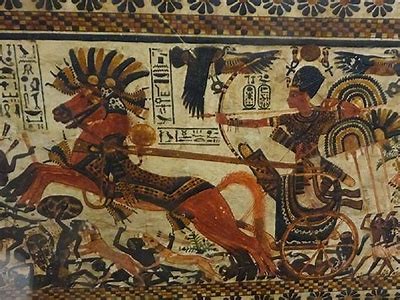
To fully appreciate the significance of the Pharaoh stake, it is crucial to consider the historical backdrop of Ancient Egypt. The civilization emerged around 3100 BCE, with the unification of Upper and Lower Egypt under the first Pharaoh, Narmer. Over the centuries, Egypt developed a complex society characterized by monumental architecture, religious practices, social stratification, and advanced knowledge in various fields.
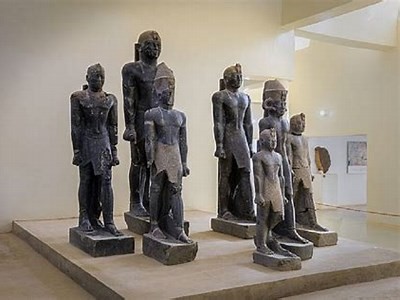
During the long span of the Egyptian civilization, the role of the Pharaoh evolved significantly. Initially seen as a god-king, the Pharaoh’s authority became intertwined with religious beliefs, which laid the groundwork for the importance of the Pharaoh stake—an emblem of both political power and divine right.
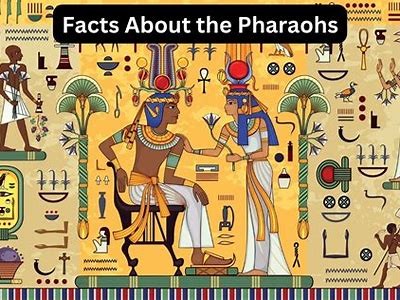
The Pharaoh was not merely a political leader; he was considered a divine figure, a living god on earth. This perception of divine kingship was essential to consolidating power and maintaining social order. The Pharaoh was believed to mediate between the gods and the people, ensuring the favor of the deities, particularly Ma’at, the goddess of truth and justice.
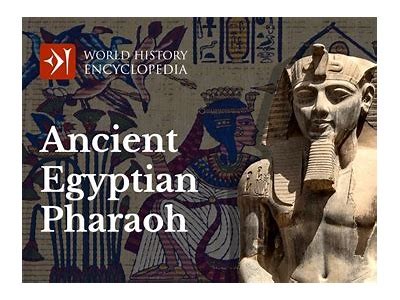
The Pharaoh stake symbolized this divine connection. It was often depicted in iconography and ritual practices, reinforcing the notion that the Pharaoh's decrees were divinely inspired. Furthermore, the Pharaoh's ability to perform rituals and sacrifices was seen as a vital component of ensuring harmony and prosperity within the kingdom.
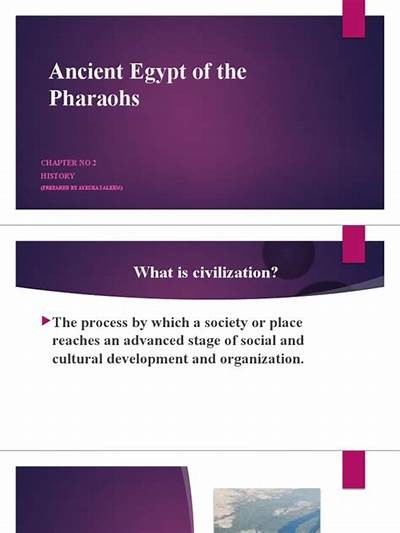
The Pharaoh stake served as an essential instrument of political authority. By associating themselves with the divine, Pharaohs could justify their power and enact laws that maintained their control over the populace. The stake often manifested in the form of decrees, inscriptions, and monumental architecture, reflecting the Pharaoh's omnipotence.
Pharaohs used the stake to establish legitimacy, particularly during times of internal strife or foreign invasion. By appealing to their divine right to rule, they sought to unify the nation under a common cultural and religious identity. This approach was effective in maintaining stability throughout various dynasties. The Pharaoh Stake in Religion and Ritual
In addition to its political implications, the Pharaoh stake was deeply embedded in religion and ritual. Kingship was closely linked to the cult of the gods, and the Pharaoh was often the primary figure in religious ceremonies. The stake represented not only political sovereignty but also a spiritual covenant with the cosmos.
One of the most significant rituals was the Sed festival, which celebrated the Pharaoh's continued strength and vitality. During this festival, the Pharaoh would reaffirm his power through a series of ceremonies, including the symbolic renewal of kingship, which often featured the stake as a central element. Societal Implications of the Pharaoh Stake
The Pharaoh stake also had a profound impact on Egyptian society. It created a system that instilled loyalty and obedience among the subjects. The perception of the Pharaoh as a divine figure fostered a culture of reverence and respect, where the ruler's will was seen as synonymous with the will of the gods.
This dynamic was reflected in art, literature, and daily life. The Pharaoh’s image and symbols associated with his reign adorned temples, monuments, and everyday objects, reinforcing the concept of divine kingship and its associated ideologies. Conclusion
In conclusion, the Pharaoh stake embodies the intertwining of divine authority and political might in Ancient Egypt. Its historical, cultural, and religious significance can be traced through the various aspects of Egyptian civilization. Understanding the Pharaoh stake provides a deeper insight into how ancient Egyptians viewed their rulers, their religion, and their societal structure.
The rich legacy left by the Pharaohs continues to resonate today, offering lessons on leadership, governance, and the enduring human quest for meaning and stability. As we explore the narratives of Ancient Egypt, the Pharaoh stake remains a potent symbol of its historical journey—an enduring testament to the civilization's complexity and significance.
 WillBet: Elevate Your Betting Experience
WillBet: Elevate Your Betting Experience